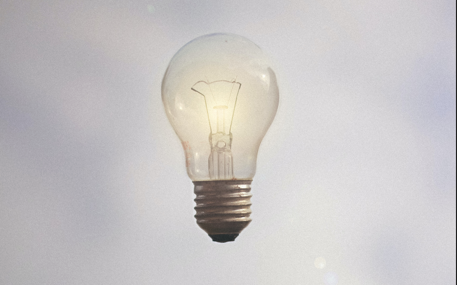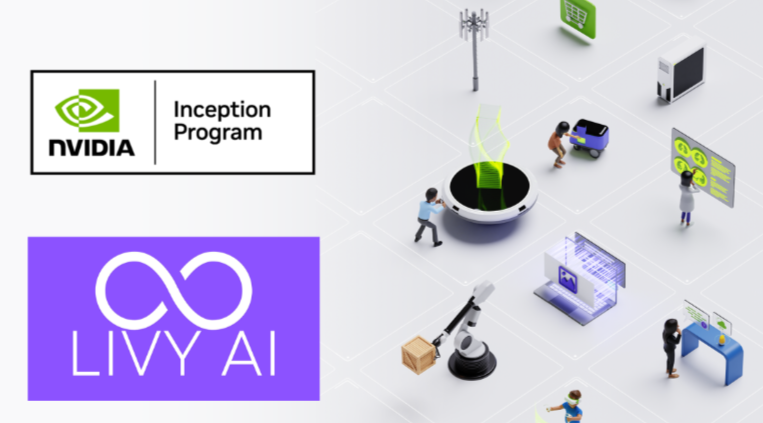
Unleashing the Power of Artificial Intelligence in Creativity: A Landmark Study
Creativity has long been considered a hallmark of human ingenuity, but recent groundbreaking research from the University of Montana (UM) has revealed that artificial intelligence (AI) is also capable of showcasing an extraordinary level of creativity. Led by Dr. Erik Guzik, an assistant clinical professor in UM's College of Business, the study explores how AI can excel in creative thinking and generate ideas that rival those of the most imaginative human thinkers.
The researchers utilized the Torrance Tests of Creative Thinking (TTCT), a renowned tool used to assess human creativity, to evaluate AI-generated responses. In a surprising turn of events, the AI application called ChatGPT, powered by the advanced GPT-4 AI engine, demonstrated remarkable results. It not only performed in the top percentile for fluency, showcasing its ability to generate a vast volume of ideas, but it also excelled in originality, a characteristic often associated with human imagination.
The study involved comparing the responses from ChatGPT with those of 2,700 college students nationally who took the TTCT in 2016. Impressively, ChatGPT emerged in elite company, surpassing the vast majority of human college students in creativity. The AI's responses were evaluated without any knowledge that they were generated by AI, ensuring a fair assessment.
Dr. Guzik and his team were initially intrigued by the unexpected novelty and surprise in ChatGPT's responses during their explorations with the AI. Consequently, they decided to put its creative abilities to the test. The TTCT test prompts simulated real-life creative tasks, asking participants to come up with new uses for products or improve existing ones. ChatGPT's ability to deliver fresh and innovative responses, akin to the creative processes of human imagination, was truly remarkable.
The implications of this study are immense, as it highlights the potential for AI to revolutionize creative thinking in various domains, including business and innovation. Dr. Guzik emphasizes that creativity is about doing things differently, and AI can act as a catalyst in fostering unique approaches to problem-solving and entrepreneurship.
One of the most noteworthy outcomes of the study was ChatGPT's recognition of the inherent complexity of human creativity. The AI acknowledged that fully grasping human creativity remains a challenge and that more sophisticated assessment tools may be required to differentiate between human and AI-generated ideas. This acknowledgment suggests that AI's creative capabilities are continuously evolving and pushing the boundaries of innovation.
As AI advances rapidly, Dr. Guzik envisions it becoming an indispensable tool for businesses, unlocking new realms of creative thinking and driving regional and national innovation. The UM College of Business is already open to incorporating AI into its coursework, recognizing the significance of AI's role in shaping the future of entrepreneurship and creative problem-solving.
In conclusion, the University of Montana's groundbreaking study has shed light on AI's exceptional creative prowess, with ChatGPT standing shoulder-to-shoulder with the top 1% of human thinkers in terms of creativity. As AI continues to evolve, its impact on fostering originality and innovation is poised to be a game-changer across various industries, paving the way for a future where human ingenuity collaborates harmoniously with AI-powered creativity.

